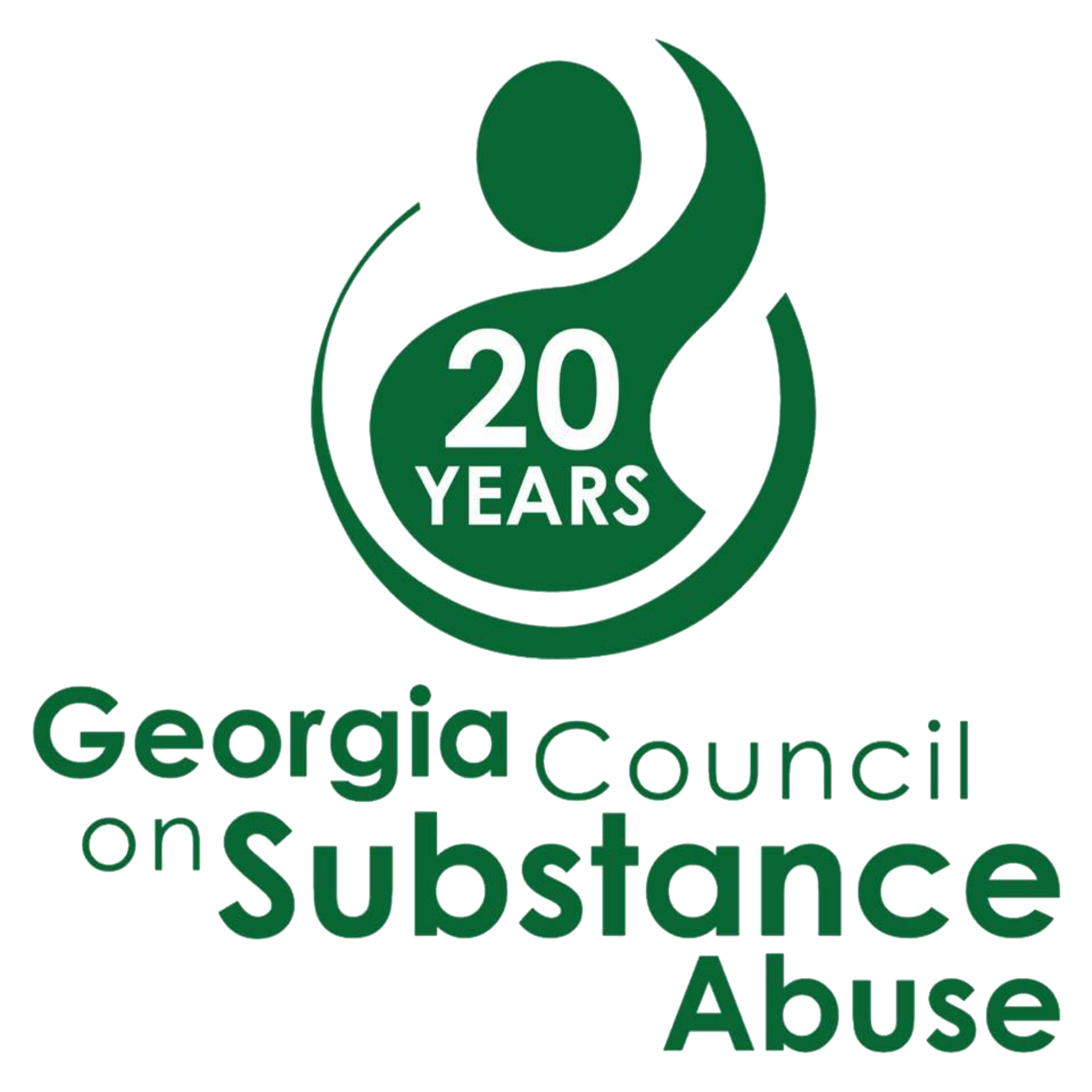Provide Insurance Coverage for Mental Health and Substance Use Disorder Medical Issues in Georgia
The Georgia Mental Health Policy Partnership and Substance Use Disorder Community join together to call for accountability from Georgia’s health insurers and seek enforcement of the federal Parity law in Georgia.
Behavioral Health Care Parity is not being enforced in Georgia. The Paul Wellstone and Pete Domenici Mental Health Parity and Addiction Equity Act of 2008 (MHPAEA) is a federal law that generally prevents group health plans and health insurance issuers that provide mental health or substance use disorder (MH/SUD) benefits from imposing less favorable benefit limitations on those benefits than on medical/surgical benefits. This federal law is not being enforced in Georgia.
The Georgia Mental Health Policy Partnership and Substance Use Disorder Community Coalition is comprised of 11 advocacy organizations serving millions of Georgians affected by mental health and Substance Use Disorder and caretakers representing the largest constituency of Georgians in the public policy community.
“Georgians face discrimination as they attempt to access treatment for mental health and substance use disorders. The failure by health insurance companies to provide coverage puts both lives and family finances at risk. Active and robust enforcement of existing laws and regulations must occur in Georgia. Georgians do not accept the failure by city, county, and state police to enforce existing criminal laws and we do not accept the failure to enforce existing parity laws,” said Jeff Breedlove, Chief of Policy for the Georgia Council on Substance Abuse.
“Discrimination in access to behavioral health care is a disturbing and illegal reality for many Georgians. Our family, friends, and neighbors are denied necessary and appropriate medical care by health insurers due to their diagnosis. We do not tolerate such discriminatory behavior by health insurers with physical illnesses like sickle cell anemia, and we cannot tolerate it for behavioral health illnesses. Health insurers must comply with their legal obligations to provide behavioral health care on parity with physical health care. Those legal obligations arising from the insurance contract and the federal Mental Health Parity and Addiction Equity Act of 2008 signed into law by the second President Bush and the Consolidated Appropriations Act of 2021 signed into law by President Trump’” said Peter Nunn, Board Member, Georgia Chapter of the American Foundation for Suicide Prevention.
“The Georgia Mental Health Policy Partnership and Substance Use Disorder Community Coalition is advocating for the funding needed by the Insurance Office to properly implement a parity compliance function. Funding to get the parity compliance process up and running can come from a variety of resources, including funds made available to Georgia by the American Rescue Plan,” said Kim Executive Director Georgia National Alliance on Mental Illness.
“During this critical time, Georgians need access to affordable mental health and substance use disorder treatment. But Georgians with public or private insurance often have more difficulty accessing behavioral health treatment than other medical care. The first-year report of Georgia’s Behavioral Health Reform and Innovation Commission calls for state leaders to take steps to ensure behavioral health parity transparency and accountability by health insurers, to achieve our shared goal of improving the well-being of all Georgians,” said Eve Byrd, Director of the Carter Center Mental Health Program.
“Georgia can learn from states including Louisiana, Tennessee, and Texas, who have engaged in robust parity compliance efforts. Additional resources are available from non-profit organizations including the 11 Georgia based members of the Georgia Mental Health Policy Partnership and Substance Use Disorder Community Coalition who stand ready to help our state leaders correct this serious medical issue impacting millions of people across Georgia,” said Abdul Henderson, Executive Director Mental Health America of Georgia.
For Additional Information:
Jeff Breedlove
Chief of Policy and Communications
Georgia Council on Substance Abuse
404-615-5735
Georgia Mental Health Policy Partners:




